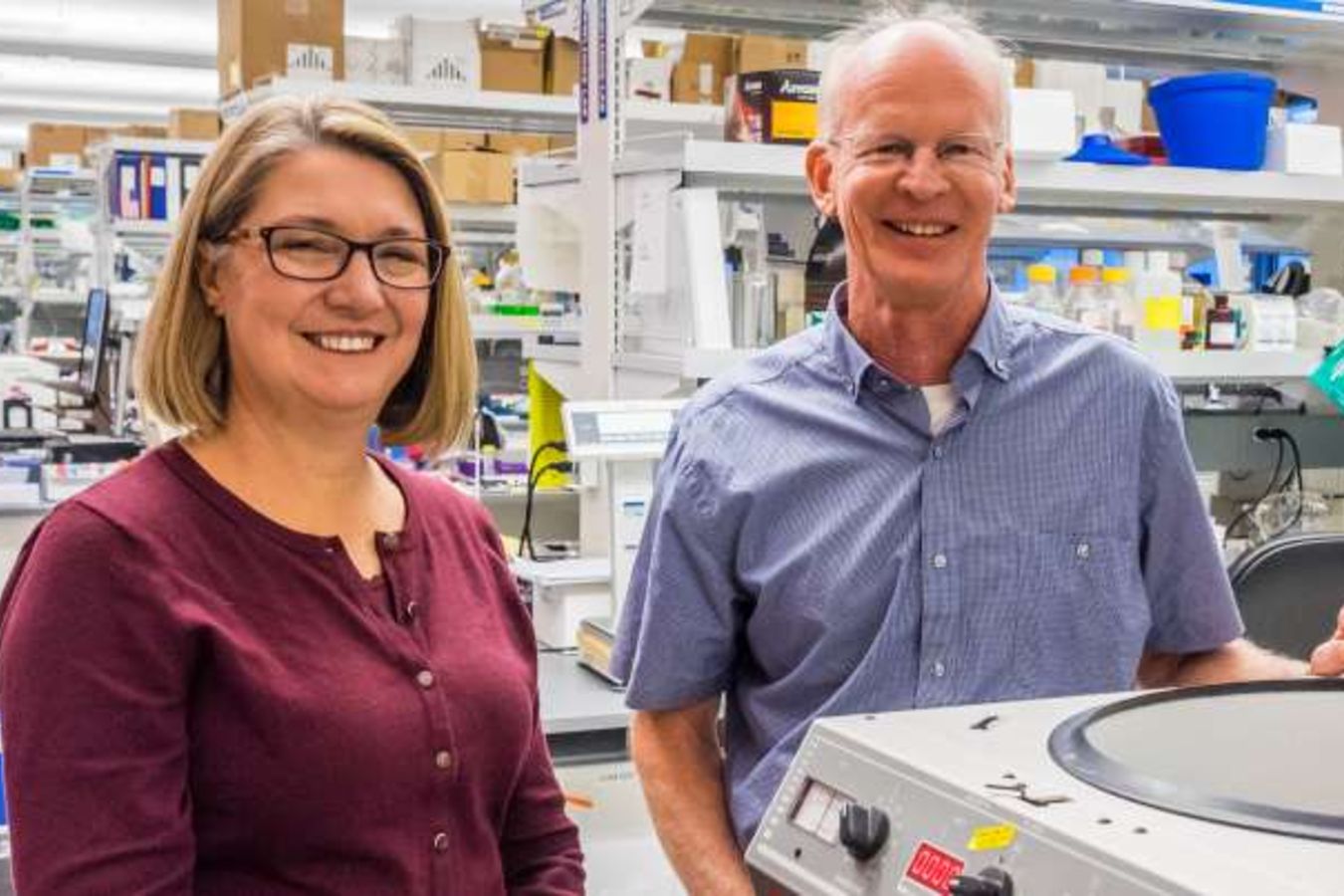Therapies for Autoimmune Disease
Our investigators are world leaders in the creation of innovative genetic therapies with the potential to transform the treatment of autoimmune disease.
Autoimmune diseases are caused by "self-reactive" immune cells that turn against the body and attack it. Although most of us have millions of self-reactive immune cells, most of us do not develop an autoimmune disease. We now know that there is a naturally occurring subset of immune cells, called regulatory T cells, that keep our self-reactive immune cells in check. Our goal is to develop regulatory T cell therapies for autoimmune diseases such as Type 1 diabetes, and to promote immune tolerance following bone marrow or solid organ transplant. Unfortunately, regulatory T cells are rare, and difficult to grow in culture. A research group at Seattle Children’s, led by David Rawlings, has pioneered a method for gene editing human T cells that are plentiful in the blood, and turning them into regulatory T cells. This approach has been used in pre-clinical models to stop autoimmune disease. Clinical trials for regulatory T cell therapies will soon be underway, beginning with rare diseases for which there are no effective treatments.
Targeting Renegade T Cells that Cause Type 1 Diabetes
 Scientists led by David Rawlings at Seattle Children’s Research Institute are working together with Benaroya Research Institute scientists led by Jane Buckner to genetically engineer regulatory T cells that can target pathogenic islet-destroying T cells, without impairing the entire immune system. These regulatory T cell immunotherapies could be used to protect new patients who are developing type 1 diabetes from the life-long requirement for insulin therapy.
Scientists led by David Rawlings at Seattle Children’s Research Institute are working together with Benaroya Research Institute scientists led by Jane Buckner to genetically engineer regulatory T cells that can target pathogenic islet-destroying T cells, without impairing the entire immune system. These regulatory T cell immunotherapies could be used to protect new patients who are developing type 1 diabetes from the life-long requirement for insulin therapy.
